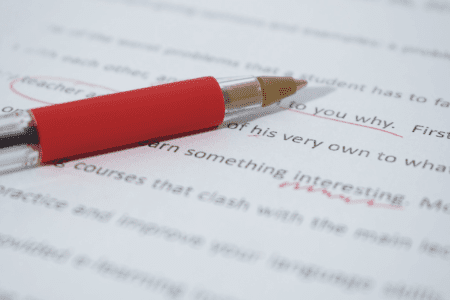
Why is proofreading important?
Proofreading matters. Whether you’re writing emails, website content, blog posts, or even a CV or school essay – this is the first thing people will see. It’s your shop window.
Imagine you’re in a new town and walking down the street. In one street you see shops with peeling paint, signs about to fall down and dirty windows. In the next street you see shops with fresh paint and dazzling displays of the latest merchandise. Which shops would you rather enter?
I hope you chose the smart ones with fresh paint and the dazzling displays – they look more professional and inviting, right? Well, it’s the same with the copy you write.
And just like the shop window above, if it’s untidy, people will make a judgment call on what’s inside: in other words, your content. Typos, incorrect spelling, poor grammar and structure all contribute to that shabby look, and those same people will drop from your website or relegate your CV to the bottom of the pile.
So, if you want to impress your reader, you’re going to have to proofread – or get someone to do it for you. And you’ll be surprised at how many times in your life you’ll come across the need to check your work.


